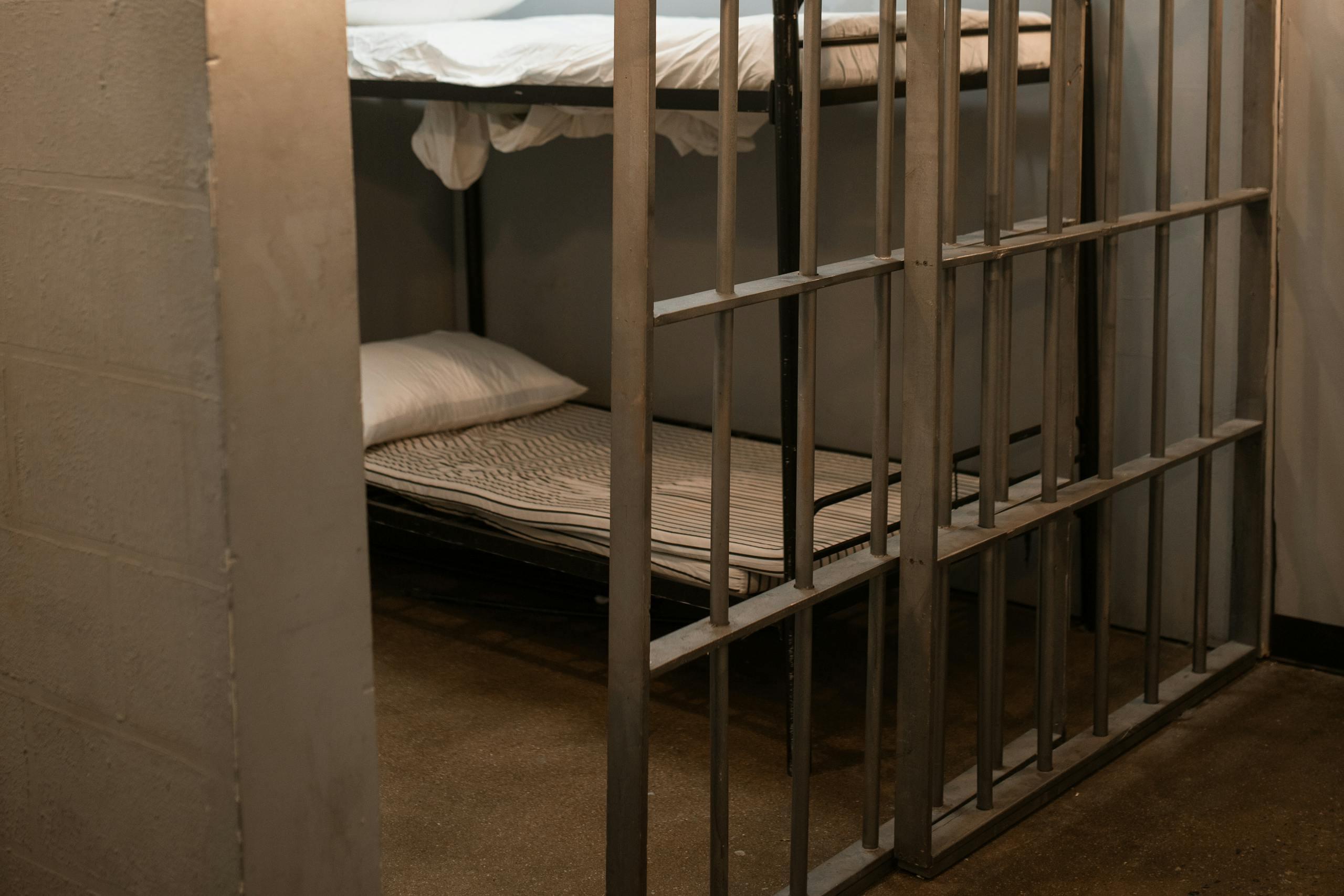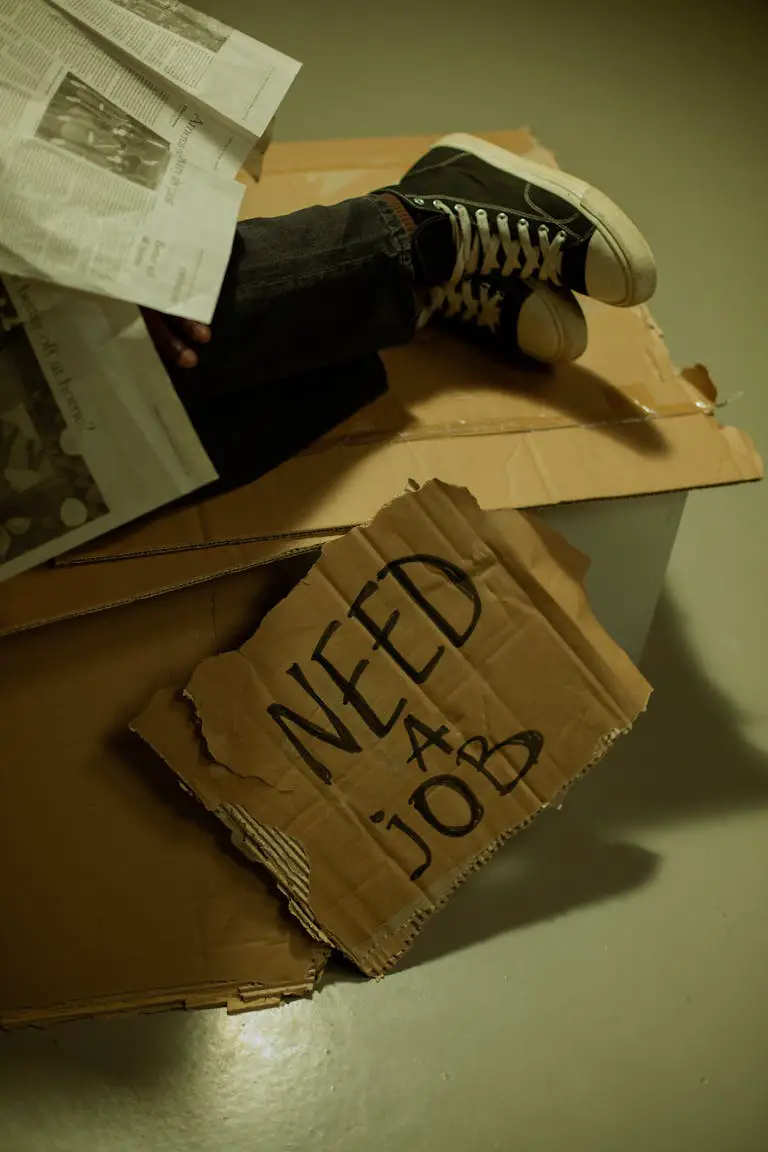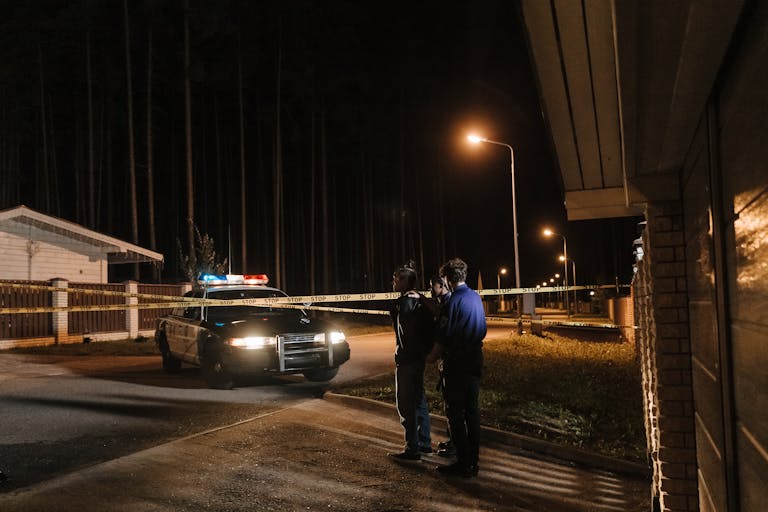How Long Does a Probation Officer Have to Violate You?
Introduction
When you’re on probation, understanding the rules and timelines can feel like navigating a legal maze. One question that often crops up is, “How long does a probation officer have to violate you?” It’s an important question, as the answer can significantly impact your freedom and future.
In this article, we’ll delve into the world of probation violations, explore the timelines involved with an alleged probation violation, and provide real-world examples to clarify this complex topic.
Whether you’re currently on supervision or felony probation, know someone who is, or are simply curious about the legal system, this information is vital.
Violating probation can have serious consequences, so it’s essential to understand the process and your rights. Let’s unravel the mystery behind probation violation timelines and shed some light on what you can expect if you find yourself in this situation (unfortunately).
How Long Does a Probation Officer Have to Violate You?
A probation officer can file a probation violation report at any time during your probation period, even up to the last day. There is no set time limit, and they can potentially report a probation violation that occurred months earlier. However, most officers aim to address probation violations promptly, especially for serious infractions.
Now, let’s dive deeper into the details of an alleged violation and the factors that influence these timelines.
Understanding Probation Violations
Before we dive into timelines, let’s clarify what a probation violation actually is. A probation violation occurs when you break any of the terms or conditions of your probation. These conditions can vary but often include:
- Regular check-ins with your probation officer
- Maintaining employment or attending school
- Abstaining from drugs and alcohol
- Avoiding contact with certain individuals or places
- Paying fines or restitution
- Completing community service
When you violate these terms, probation officers has the authority to report the violation to the court. But how long do they have to do this? The answer isn’t as straightforward as you might hope.
The Timeline for Probation Violations
Contrary to popular belief, there isn’t a universal, set time limit for a probation officer to file a violation. The timeline can vary based on several factors:
- The Nature of the Violation: Minor infractions might be handled differently than serious violations.
- Jurisdiction: Different states and courts may have varying policies.
- The Terms of Your Probation: Your specific probation agreement may outline certain timelines.
- The Discretion of the Probation Officer: Probation officers may choose to act immediately, while others might give warnings for minor violations.
In general, a probation officer can file a violation report at any time during your probation period. This means they could potentially file a report on the last day of your probation for a violation that occurred months earlier.
However, it’s important to note that most probation officers aim to address violations promptly. Immediate action is often taken for serious violations, especially those involving new criminal offenses or actions that pose a risk to public safety.
The Violation Process
When a probation officer choose to violate you, the process typically follows these steps:
- Documentation: The officer documents the violation in detail.
- Report Filing: A violation report is filed with the court.
- Arrest Warrant: In some cases, the court may issue an arrest warrant.
- Hearing Scheduling: A probation officer violation hearing is scheduled.
- The Hearing: You’ll have the opportunity to respond to the alleged violation.
- Judge’s Decision: The judge decides if a violation occurred and what consequences you’ll face.
This process can happen quickly, especially if you’re arrested for a new offense. In other cases, it might take weeks or even months, depending on court schedules and the complexity of the violation.
Real-World Examples
Here are some examples to illustrate how this might play out in real life:
Example 1: The Missed Check-In
John was required to check in with his probation officer monthly. He missed his appointment in June but thought he could make it up in July. His probation officer, however, filed a violation report immediately after the missed June appointment. John received notice of a violation hearing scheduled for August, two months after the initial violation.
Example 2: The Failed Drug Test
Sarah was on probation for a drug-related offense and subject to random drug testing. In March, she failed a drug test. Her probation officer gave her a warning and increased the frequency of her tests. In May, she failed another test. This time, the officer filed a violation report within a week, leading to Sarah’s arrest and a violation hearing scheduled for June.
Example 3: The New Offense
Mike was arrested for shoplifting while on probation. His probation officer was notified of the arrest and filed a violation report the same day. Mike was held in custody and had a probation violation hearing within 72 hours of his arrest.
These examples demonstrate that the timeline can vary significantly based on the situation. While some violations are addressed immediately, others might take longer to come to light or be acted upon.
Protecting Your Rights
If you’re on probation, it’s crucial to understand your rights and responsibilities in respect to your probation conditions. Here are some key points to remember:
- Know Your Terms: Understand all the probation conditions of your supervision.
- Communicate: If you’re struggling to meet a condition, talk to your probation officer.
- Document Everything: Keep records of all your probation-related activities, and scheduled meetings.
- Seek Legal Advice: If you’re accused of a violation, consult with an attorney who specializes in probation cases.
Conclusion
The question “How long does a probation officer have to violate you?” doesn’t have a one-size-fits-all answer. While there’s no universal time limit, most violations are addressed relatively quickly.
The key is to understand your probation conditions, maintain open communication with your probation officer, and seek legal advice if you’re facing a potential violation.
Remember, probation is an opportunity for a second chance in lieu of jail time. By following the terms of your probation and staying informed about your rights and responsibilities, you can complete your probation period and move forward with your life.
Stay informed, stay compliant, and set yourself up for success beyond probation.







